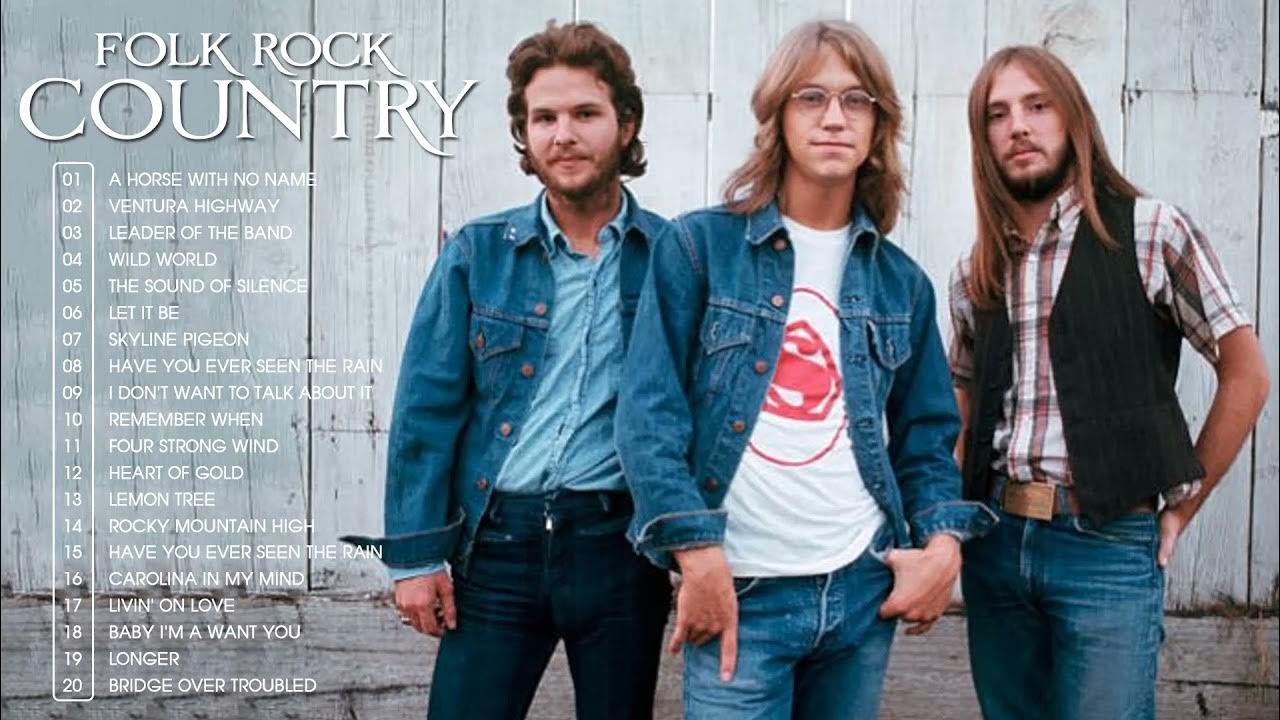
A Gentle Plea from the Soul of a Restless Heart
When America released “I Need You” in 1972, it arrived as a vulnerable, wistful echo amid the acoustic tapestry of their self-titled debut album, America. Following the runaway success of their first single, “A Horse with No Name,” which topped the Billboard Hot 100 in early 1972, “I Need You” was issued as the follow-up. It ascended to No. 9 on the Billboard chart, cementing the band’s early reputation for crafting soft-rock ballads that shimmered with both clarity and melancholy. Where “A Horse with No Name” wandered through surreal allegory, “I Need You” stood bare—a confession wrapped in delicate guitar lines and aching harmonies.
Penned by Dewey Bunnell, one of the trio’s founding members, the song trades sweeping imagery for intimate revelation. At just over two and a half minutes long, it carries the emotional weight of someone quietly unraveling before our ears. There’s no obfuscation here—no metaphorical deserts or cryptic symbolism. Instead, we hear a voice stripped down to its core, confessing not merely affection but dependence: “I need you / like the flower needs the rain.”
The 1970s marked a time when folk-rock was evolving—turning inward while still echoing the collective uncertainties of a generation coming down from the highs and heartbreaks of the ’60s. In this cultural moment, America‘s music thrived not by shouting over the noise but by whispering through it. “I Need You” is a pristine example of that ethos: plaintive acoustic guitar weaves with tender piano phrases, creating a sonic space that feels both expansive and intensely personal.
Lyrically, Bunnell’s composition drips with longing—not merely for love lost or love distant but for emotional anchoring in an unsteady world. The repeated refrain is less romantic than existential; it speaks to a deeper human hunger for presence and affirmation. It’s not simply “I love you,” but rather “I cannot be without you.” That distinction imbues the song with an elemental urgency that resonates across decades.
Musically, there is restraint in every note. The arrangement resists flourish—it invites instead reflection. The vocal delivery remains calm, yet trembles slightly under its own sincerity. This is a song that doesn’t aim to impress so much as it yearns to connect—deeply and honestly—with anyone who has ever felt themselves adrift in the quiet aftermath of parting.
What gives “I Need You” its enduring place in America’s catalog isn’t just its chart success or radio longevity—it’s the way it captures vulnerability without collapse. It holds up a mirror to those moments when we realize that strength isn’t always found in solitude, but sometimes in the courage to say aloud: I cannot do this alone.
In a world enamored with grand gestures and theatrical declarations, “I Need You” remains a masterclass in emotional minimalism—a soft-spoken ballad that continues to stir hearts long after its final chord fades into silence.